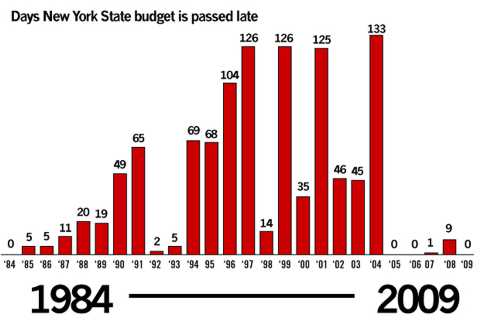Or is it?
Chatter has increased about cheating and polyurethane. We’ll have to reach for the dictionary again.
[Editors Note: gekko and I are continuing our conversation in four long acts. Please read Green Eyes for her take on polyurethane.]
Remember the kid with the big ears in grade school? Cribbed off your quizzes until Miss Noble boxed his ears for it. Cheaters and tattle tales defined first grade morality.
So what’s cheating? Cheating is an act of lying, deception, fraud, trickery, or imposture. Cheating is lying to or deceiving or tricking your unknowing partner whether for a better grade or for sex.

Without knowing anything more than we might talk about poly-something-ism, the comments in the first week of this series flowed from “I am willing to take the tests” to “burn em all at the stake.” If you are married, the consensus view holds that having sex with a non-spouse is cheating but not having sex with a non-spouse is not. Remember that. “Not having sex with a non-spouse is not cheating.” We’ll see that idea again next week.
Our preoccupation with nasty, dirty, slithery sex may go only to our Victorian great-grandparents but cheating is far older than that.
The Times called Renault’s order to Nelson Piquet, Jr., to have an “accident” at the Singapore Grand Prix, the “worst single piece of cheating in the history of sport.” The crash allowed Fernando Alonso to win a race, but that was just two years ago. The first incident of actual cheating I could find occurred in the Summer Games of 388 B.C. when Eupolus, the boxer of Thessaly, bribed three opponents to take a dive. On the relationship front, Bishop Burchard of Worms’ Penitential of the year 1012 offered 194 different sexual sins including cheating with your wife’s sister and your son’s fiancee. It was a best seller. It included positions.
Fidelity (straight- or in-) is still big business today. Cheating is a major industry. Happiness apparently isn’t. Our schools, our churches, our news broadcasters don’t survive on good news; they all sell unhappiness. Or put it on the news.
gekko overlooked Fred and Gwen and Bonnie and Carol in her sampling. Fred and Gwen Strong have been married for a couple of decades. Fred and Bonnie spend every Saturday morning together at the library; Fred and Carol spend alternate Thursday evenings at the Comfort Inn when Fred is supposed to be bowling. Gwen knows about Bonnie but not about Carol. Is Fred cheating with Bonnie? How about with Carol? On another hand we have Sarah and Ralph Pother. After 25 years of monogamous marriage, Ralph announces that he is polyamorous and Sarah disagrees. He is honest and open and communicating; he wants a lover. Is Ralph cheating? Finally gekko’s own long-married, toothsome couple, Paul and Polly Dent, have several lovers between them. Paul and Polly know and approve of each other’s lovers. Are they cheating?
And does it matter whether we think they are?
Society enables illegal immigration and tax evasion and welfare fraud, and yet we do not live in an enabling world in our own personal lives. Instead we live with Prohibition.
We all know how well the Noble Experiment worked out.
Jealousy, negativism, and assuming the worst of others all go hand in hand with Prohibition. And Puritanism. And Cheating.
“The accusation [of cheating] is laced with far more ferocity than when someone talks about defaulting on a loan,” gekko wrote.
As she almost said, Instead of knitting the fabric of society, prohibition- and bigotry- and rule- and expectation-driven jealousy creates gashes of anger in our lives.
Relationships should make us happy.
We define happiness as contentment, love, satisfaction, pleasure, and joy. A person who believes himself happy is just that.

I like to smile. Jealousy makes us frown. Cheating makes us jealous.
Fred and Gwen Strong self-report that they are a little dissatisfied; Gwen will be more than just unhappy when she finds out about Carol because Fred is not only stepping out on her, he is doing it behind her back. That relationship does not make them happy even though she does not know he cheats.
Sarah and Ralph self-report that they were happy until Ralph “changed the rules.” Their new relationship does not make them happy because some say he cheats.
Paul and Polly Dent self-report that they are happy with each other and happy with their various lovers. No matter what our panel says, neither Paul nor Polly thinks the other cheats. Their relationships do make them happy because they are not cheating.
Probably ought not call it cheating if your partner approves. Probably ought if she doesn’t.
“I want a good wife,” Mark Twain wrote. “I’ll take a couple of them if they’re good enough.” Mr. Clemens looked for happiness.
[Editors Note: The first part in this series on Polyamory may be found here . Please also read the companion pieces written by gekko, part 1 and the newly minted part 2, Green Eyes, for her take and lots more commentary.]
Next week, we get to look at the sex. And smiling. (And you wondered why I tagged these pieces as “Naughty.”)




